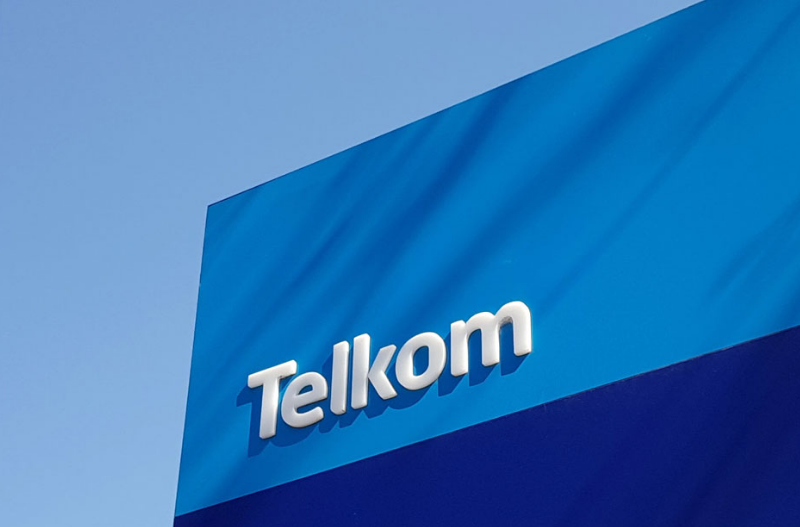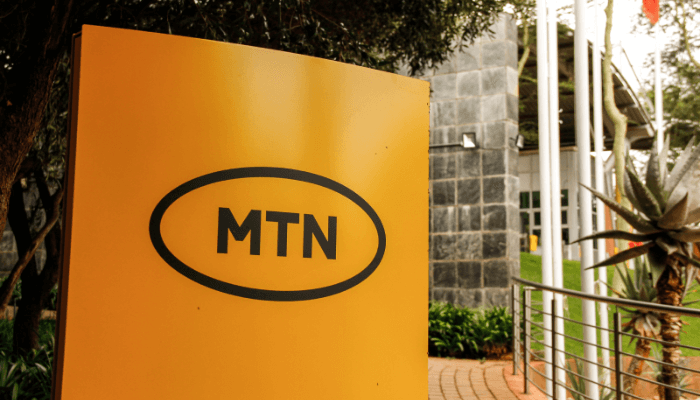Telkom’s share price surged by 8% as it announced a strategy to pivot to an infrastructure-focused model. The company aims to act as an enabler of South Africa’s digital future.
Telkom’s share price surged by as much as 8% on Tuesday as the telco announced a strategy to double down on its mobile, fibre, data centre, marine cables and satellite infrastructure provision businesses. The company stated that it would invest capital into building and maintaining infrastructure assets including fibre networks, data centres, satellite, and marine cables.
The strategy, which has been under execution for six months, is expected to be concluded by the end of 2025. “[An] InfraCo strategy realises our true competitive advantage – showing Telkom to be a strategic national asset – the backbone of the SA’s digital economy and the enabler of the country’s digital future,” the company stated.
Telkom further said that despite only having been underway for six months, the strategy is already reaping results. The company cited strong operational and financial performances, and the delivery of “strategic imperatives” as results of the pivot to the infraco model. In its financial results for the half-year period ended 30 September, the company reported a 95% increase in cash generated from operations, 52% increase in profit after tax, and an 11% increase in mobile broadband subscribers.
Despite being the country’s third largest mobile network operator, Telkom has struggled to keep up and compete with the duopoly of MTN and Vodacom in the mobile telephony business. However, the company has made some strides in its infrastructure subsidiaries. Its Openserve fibre subsidiary currently leads the fibre-to-the-home market in kilometres and homes connected by fibre. In its other infrastructure plays, the telco has ten carrier-neutral data centres in its portfolio as well as over 400 5G sites.
A market opportunity spotted
According to the company, the high demand for infrastructure, a leading market position, significant barriers to entry in infrastructure, a strong balance sheet and a so-called experienced management team position it in a favourable position to pursue the infraco model. Telkom also states that the infraco model simplifies its business model through economies of scale and predictable returns which would be driven by demand for infrastructure from corporates, SMEs and consumers.
However, despite its insistence that there is limited competition in the infrastructure sector in South Africa as most telcos are focused more on services, competition does exist. Over the last two years, MTN and Vodacom have also doubled down on their fibre businesses, challenging Openserve’s market dominance. In the data centre front, Africa Data Centres, Teraco, Vantage and MTN Business continue to outpace Telkom–owned subsidiary BCX while in marine cables, Paratus and Vodacom have made more landings than the company.
With a current cash balance of R3.6 billion (~$191 million) and unutilised credit facilities totalling R4.6 billion (~$244 million), Telkom has enough resources to pursue this strategy. However, whether the execution will be successful by the self-imposed deadline of September 2025 remains to be seen.





















